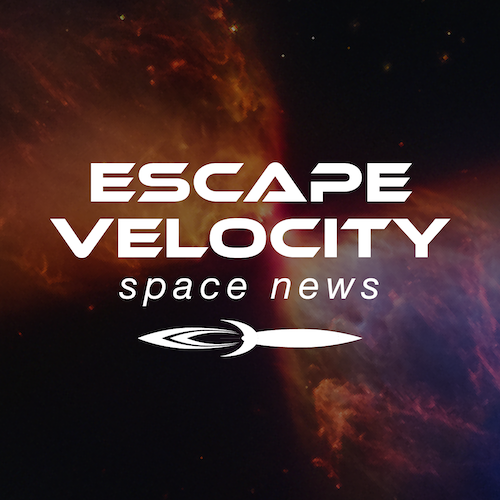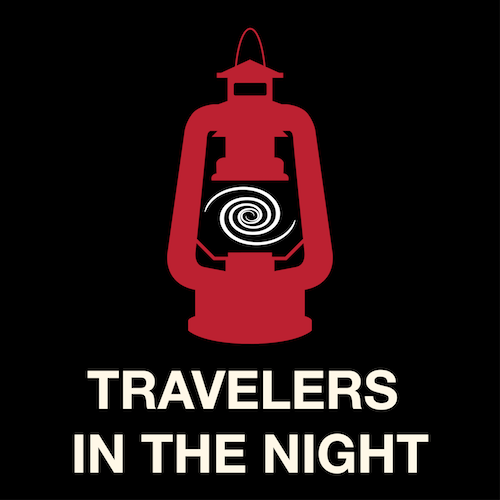Let’s take a fast-paced journey thru all that’s new in space and astronomy and look at how JWST reveal star formation in never-before-seen details.


Let’s take a fast-paced journey thru all that’s new in space and astronomy and look at how JWST reveal star formation in never-before-seen details.

Today’s Travelers in the Night will tell stories about the discovery of more than 1,000 Earth approaching asteroids in a single year and extremely remote chance of dangerous mountain sized space rock

This week… there was a far too much news problem, the last flight of Virgin Galactic’s Unity suborbital spacecraft, the first crewed flight of Boeing’s Starliner capsule to the ISS, a more successful launch test of SpaceX’s massive starship, the successful landing, loading, and liftoff of Chang’e 6 at the Moon, and… the beginning of the end for the HST as it shifted into single gyro operations.

In this episode, we bring you stories on how JWST – Not LIGO and Virgo – spotted the most distant Black Hole merger to date, why the search for life on other worlds gets more challenging the more we look, and we take a deep dive into the things we’re doing that cause and relieve climate change.

China’s Chang’e-5 lunar lander has made the first in situ detection of water on the Moon, using reflectance spectroscopy from the surface of our natural satellite.

A supernova first observed in 2016 will be replayed in a few years because of the light’s journey through a galaxy cluster and how dark matter gravitationally warps space-time.

In this episode, we’re taking a closer look at Sunspot complex 3664 and the beautiful chaos that it’s been creating.

A team of scientists collected cores and modeled ice cliff failure and found that Thwaites Glacier in Antarctica is melting more quickly than ever and could be at risk of collapse, threatening global coastlines with almost a meter of sea level rise.

In February, on the closest approach, NASA’s Juno spacecraft was within 930 miles of the closest moon Io’s surface. Since then, Io and Juno have parted ways, and Juno is now snuggling down into tighter orbits around her Jupiter.

Research into the Toba caldera and its super-eruption 75,000 years ago shows that magma continued to flow out of the volcano for thousands of years. Plus, magma and volcanoes throughout our solar system